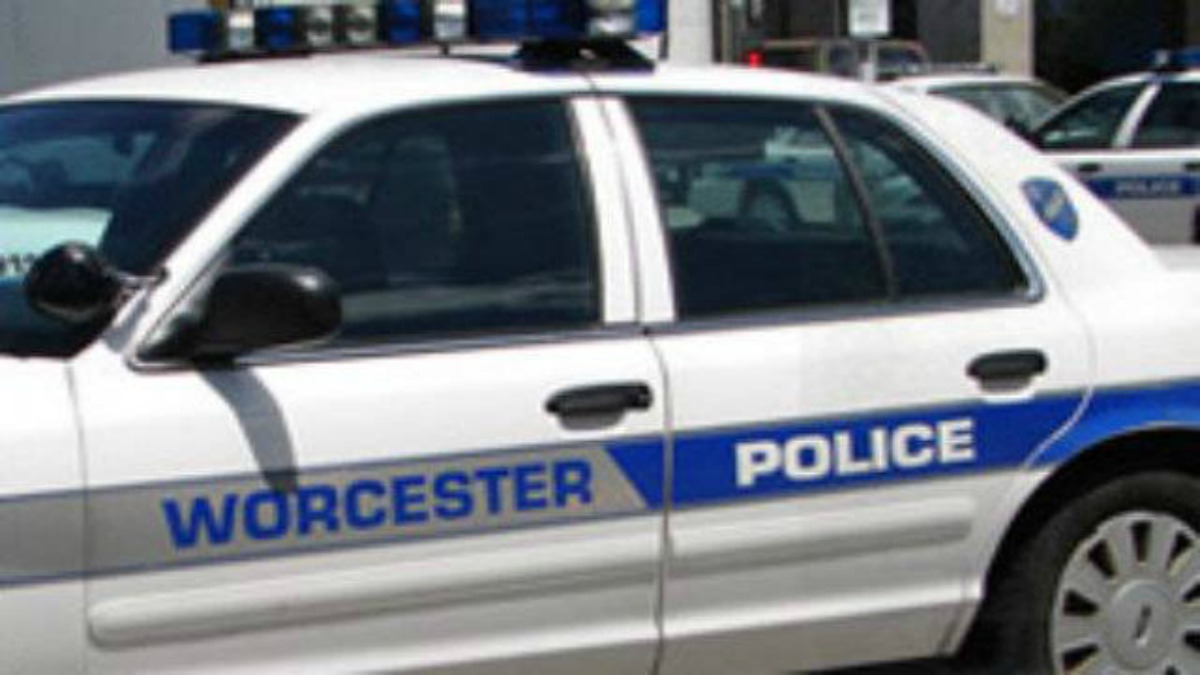A group representing supermarkets and other food stores offered its conditional support Tuesday to a bill that if approved would make Massachusetts the latest U.S. state to outlaw single-use plastic shopping bags.
The bags are viewed by environmentalists as a major source of pollution and a grave threat to marine wildlife.
The proposal would prohibit retailers from providing customers with single-use carryout bags at the point of purchase. Stores would be required to make recyclable paper bags available to customers for a charge of 10 cents, and food stores would have the option of making reusable grocery bags available for 10 cents or more.
Nearly 100 cities and towns, including Boston, already have local plastic bag ordinances in place, though the specifics of those bans vary among communities.
In testimony prepared for the Legislature's Natural Resources, Environment and Agriculture Committee, the Massachusetts Food Association said it could support a statewide ban on plastic bags to replace the patchwork of local rules and create an "even playing field" for supermarkets and grocery stores.
The organization, however, is asking lawmakers for a lengthier phase-in period than the Aug. 1 implementation date in the bill.
"Consumers must be educated over time to replace their plastic bags with reusable bags and not just switch to plastic bags, which have their own environmental issues and concerns," said Brian Houghton, senior vice president for governmental affairs and communications for the association.
Local
In-depth news coverage of the Greater Boston Area.
Another group, the Retailers Association of Massachusetts, said it "wholeheartedly" supported the goal of reducing the amount of plastic in the environment and acknowledged the need for a statewide standard, but was skeptical of the approach taken in the bill.
A joint legislative committee of state lawmakers is considering the bill.
The group, which represents thousands of stores from so-called "ma and pa" operations to big-box retailers, said many stores already provide customers with a choice of paper, plastic or reusable bags. It also cited benefits of plastic carryout bags, noting they were lightweight, water resistant and strong enough to carry heavy items without the need for double bagging.
California was the first state to approve a ban in 2016, and Hawaii has a de facto statewide prohibition since all of its counties ban single-use plastic carryout bags.
Lawmakers in New York included a plastic bag ban as part of a recent state budget agreement. The ban would take effect on March 1, 2020 and give counties the option of a 5 cent charge for paper bags.
Momentum also appears to be growing in other Northeast states. The Vermont Senate gave initial approval last week to legislation that includes a ban on single-use plastic bags. Bills are under consideration in Connecticut, Maine, New Hampshire, and Rhode Island.
Overseas, the European Union Parliament voted last week to ban a variety of single-use plastic items, starting in 2021.
The World Wildlife Foundation said Monday that a 26-foot (8-meter) female sperm whale found dead along the Mediterranean Sea in Sardinia had 48.5 pounds (22 kilograms) of plastic in its stomach, including shopping bags, plastic plates and a washing detergent package.
Democratic Rep. Lori Ehrlich, of Marblehead, the lead House sponsor of the Massachusetts bill, cited that and other recent worldwide incidents along with figures showing the state's consumers use 2 billion pounds of plastic each year, much of it discarded rather than recycled, littering parks and playgrounds and causing potentially devastating impacts for wildlife that can mistake plastic items for food.
"We managed just fine before plastic bags were available, let's do it again," Ehrlich told the legislative panel.



